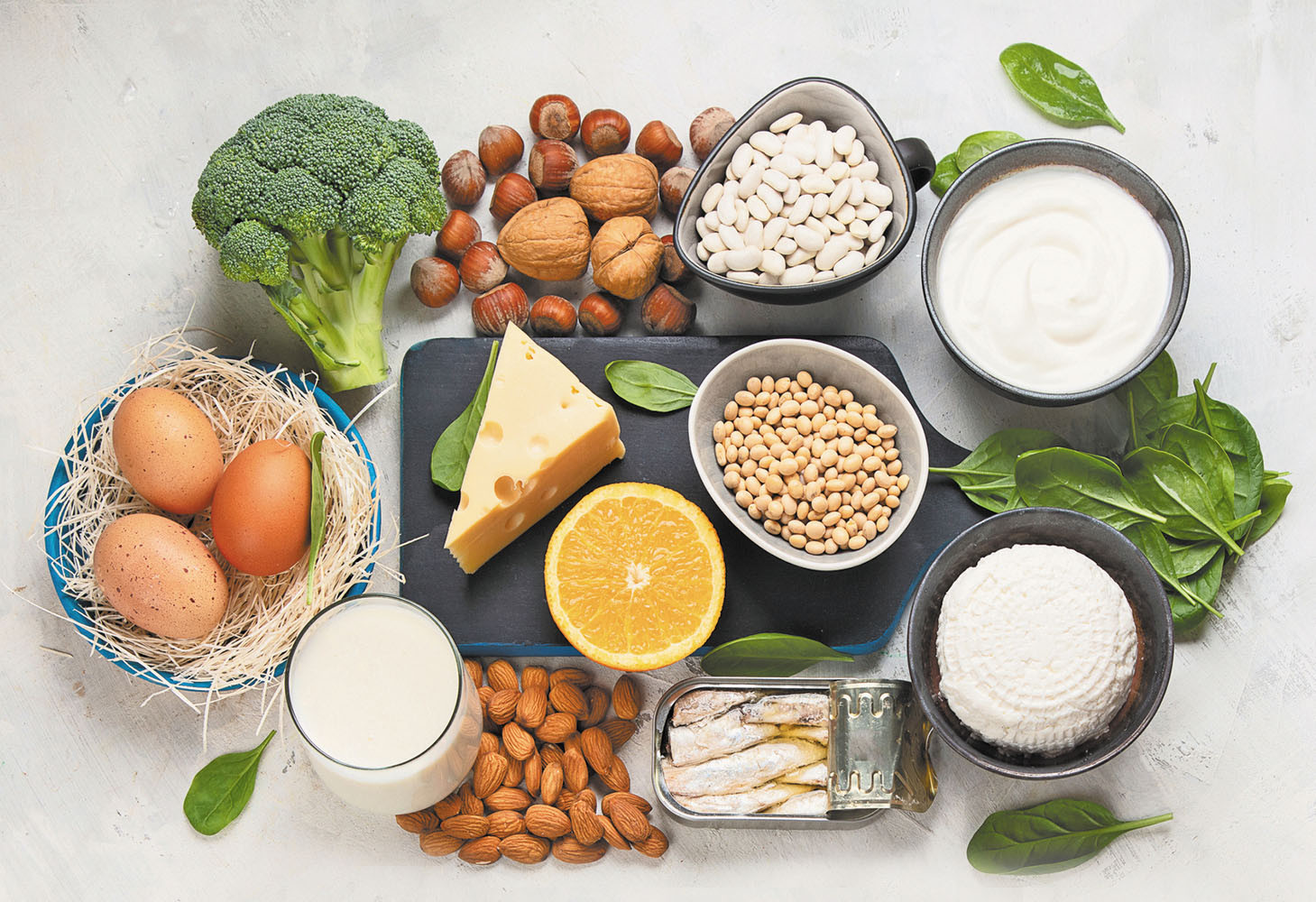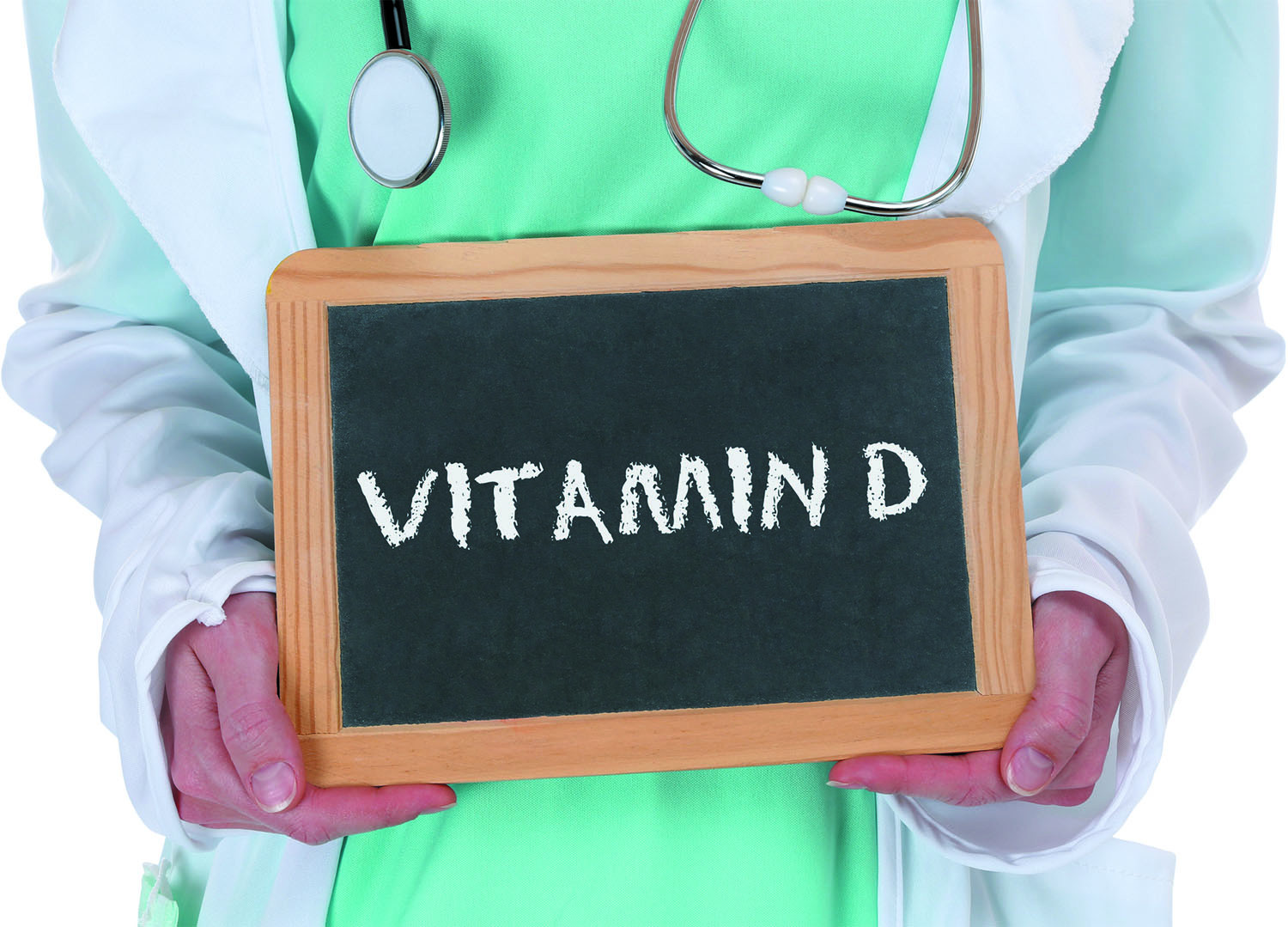
Trying to lose weight? Be careful not to lose muscle

Is your skin problem actually an autoimmune condition?

People with diabetes face higher risk of hearing loss

Antibiotic-free fixes for recurrent UTIs

Musculoskeletal syndrome of menopause: When menopause makes you ache all over

When can older women stop getting mammograms?

To lose weight, especially harmful belly fat, combine diet and exercise

Can men hold off on treating recurring prostate cancer?

The 7 types of rest and why we need them all

What are the early warning signs of cervical cancer?
Vitamins & Supplements Archive
Articles
Zinc gets a lukewarm response for fighting colds
A recent analysis found evidence mixed on whether zinc can help prevent or treat a cold. However, there appears to be no significant harm from taking over-the-counter zinc products in safe amounts per the label's instructions.
How stimulants may affect your heart
Stimulant medications, which are usually prescribed to treat attention deficit disorder in children, are being prescribed increasingly to older adults. These drugs may cause a short-term spike in the risk of heart-related problems, including heart attacks, strokes, and arrhythmias. Dietary supplements that promise weight loss or better physical or mental performance may contain prohibited, unlisted, and potentially dangerous stimulants.
Essential nutrients your body needs for building bone
Older adults must pay special attention to their intakes of calcium, vitamin D, and protein. These important nutrients are crucial for maintaining bone health. Doctors say it's probably best to take a supplement to get enough vitamin D. Calcium and protein are best when they come from foods, such as canned salmon with bones, sardines, beans, dairy products (cheese, yogurt, cottage cheese, milk), leafy greens, or nuts. Other important nutrients for bone health, such as magnesium, phosphorous, and potassium, can be obtained by simply eating a diet rich in fruits, vegetables, legumes, nuts, seeds, and lean proteins.
Tips to help you stay on your cholesterol drug
Many people who start a cholesterol drug wind up discontinuing its use. That's because statins, a common type of medication that lowers cholesterol, have both real and perceived side effects, such as muscle aches. To stay on a statin, one can ease into use with a low-dose or an alternate-day dose strategy, consider if other medications or circumstances are to blame for discomfort, try gentle stretching, take coenzyme Q10, or replenish low vitamin D levels. Another strategy is to take a non-statin drug that lowers cholesterol.
Treating low vitamin D levels may help people live longer
Treating people who have low levels of vitamin D with supplements may reduce their risk for heart attacks and death from any cause.
Pumpkins aren’t just for carving
Supplements: A scorecard
A detailed look at supplements and their medical use.
Vitamin D and your health: Breaking old rules, raising new hopes
Vitamin D's primary function is to help the body absorb calcium, though it may also protect against prostate cancer and other diseases. Many people do not get enough from sunlight, its natural source, and should get the needed amount via a supplement.
Adults who skip morning meal likely to miss out on nutrients

Trying to lose weight? Be careful not to lose muscle

Is your skin problem actually an autoimmune condition?

People with diabetes face higher risk of hearing loss

Antibiotic-free fixes for recurrent UTIs

Musculoskeletal syndrome of menopause: When menopause makes you ache all over

When can older women stop getting mammograms?

To lose weight, especially harmful belly fat, combine diet and exercise

Can men hold off on treating recurring prostate cancer?

The 7 types of rest and why we need them all

What are the early warning signs of cervical cancer?
Free Healthbeat Signup
Get the latest in health news delivered to your inbox!
Sign Up











